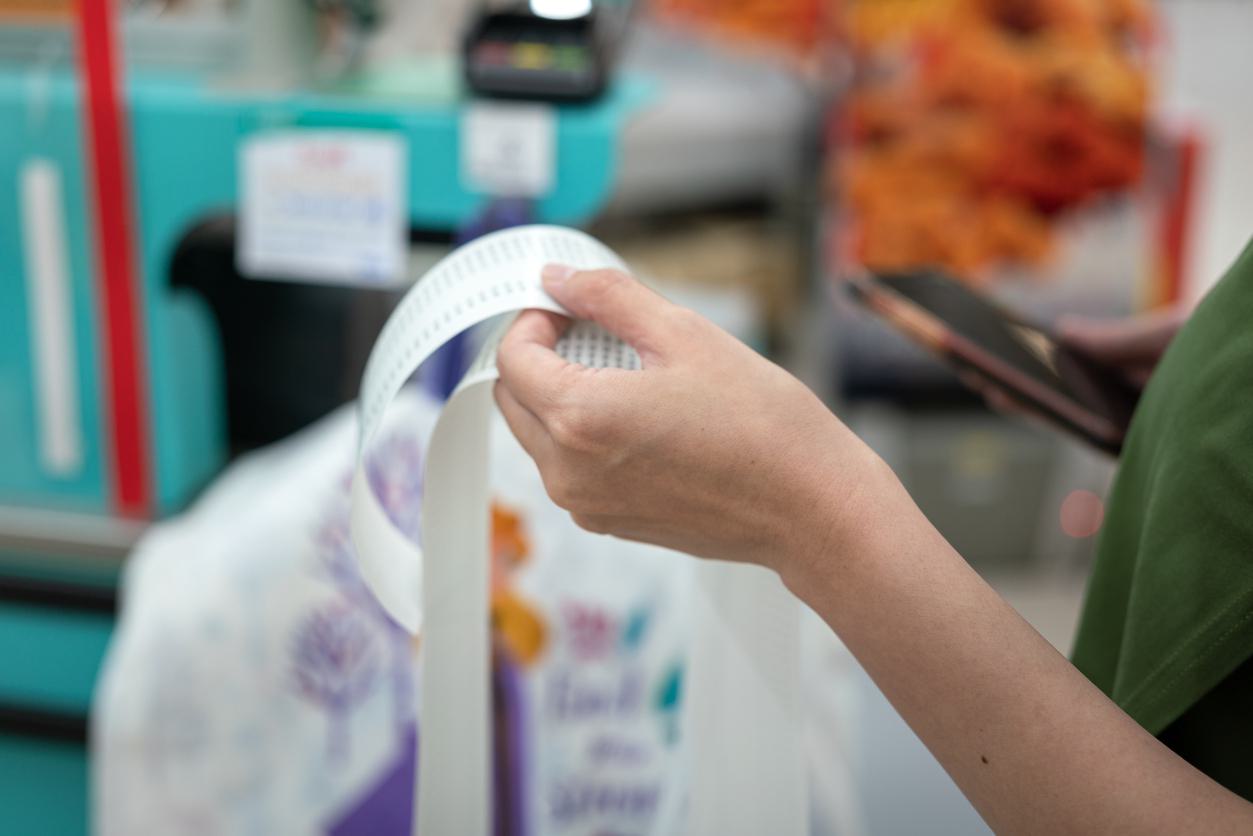MONTGOMERY — State Sen. Andrew Jones (R-Centre) filed legislation Thursday that would cut the state's sales tax on groceries in half over time.
The bill has 35 co-sponsors, the entire Senate body.
The bill would reduce the state sales tax on groceries from 4% to 2% over four years using the SNAP definition of food. The tax would be reduced ½% per year as long as there is at least 2% growth in the Education Trust Fund (ETF) from the previous fiscal year. The plan would reduce state tax revenue in the ETF by $304 million once fully implemented, according to proponents of the plan.
The legislation would also set the local sales tax rate on food at the general or retail sales tax rate in effect when the legislation is signed into law. Local governments could elect to lower their tax rate on food, but they couldn't raise it if the bill becomes law.
Jones said in a recent interview, "[O]ur goal is to get rid of the whole thing, but we're trying to be sustainable and make sure that we're doing it in a thoughtful manner."
"We've got to be sensitive to the needs of the Education Trust Fund," he added. "It does use the SNAP definition which we think is the only sensible definition to use. WIC only covers about one out of four products in the grocery store. SNAP covers everything that is edible except for hot prepared foods."
Lt. Gov. Will Ainsworth said in an interview with reporters that it was "time for action."
"The time to cut grocery taxes in Alabama is now. We've got a record surplus right now in our budgets," Ainsworth argued. "I appreciate [Jones'] leadership in stepping up and looking forward to getting this bill passed and over to the Governor. People are hurting across Alabama. Just everyday people coming to me. Eggs have gone up right now. Meat has gone up. Everything has gone up. This is going to produce a reduction in everybody's bills. I think that's important. Everyone is going to benefit from this. We're one of three states that still taxes groceries where we do. It's time to end that."
A previously filed proposal by State Sen. Arthur Orr (R-Decatur) would've gradually eliminated the state sales tax on food, but that bill used the WIC definition of food. Estimates for the cost of that proposal were approximately $250 million annually.
Orr, chair of the Senate Education Budget Committee, said in a committee meeting Wednesday during discussion about Senate Bill 102, a bill that would allow for income tax deductions for employees and employers for health insurance premiums paid, "I'm also informed we've got a bill that will be filed tomorrow that has 34 Senate co-sponsors on it."
"The 35th I guess would be me. That bill will cost over $300 million once implemented," he continued. "My concern is okay, what are we going to do with a large tax-type bill that might be getting filed tomorrow that everyone has co-sponsored. As we've discussed before, we can't do it all. We can't do a lot of tax credits, exemptions, rebates, deductions, etc. We're going to have to figure out where we are so until we figure that out we won't have anymore before this committee including SB 102."
To connect with the author of this story or to comment, email caleb.taylor@1819News.com.
Don't miss out! Subscribe to our newsletter and get our top stories every weekday morning.










